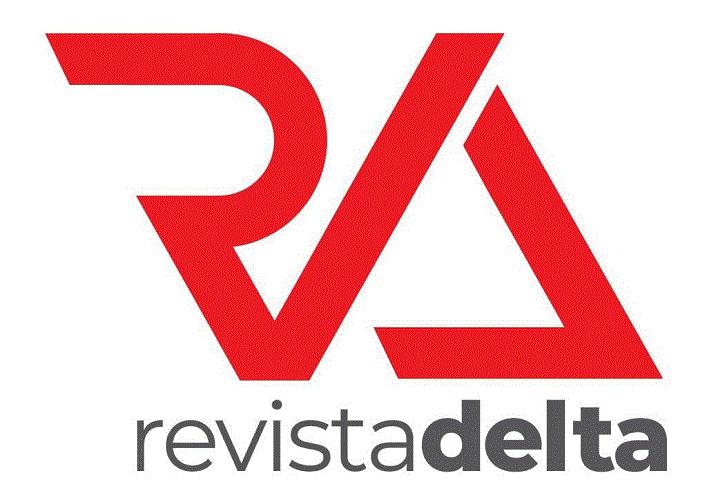The paper develops the idea that 'qualquer'-phrases in Brazilian Portuguese (PB) are indefinites (Heim 1982), a hypothesis introduced by Peres (pc). It is shown that there is just one item 'qualquer', and that the differences between the two syntactic configurations in which it appears - 'um N qualquer' and 'qualquer N' -, are due to the presence of the indefinite 'um'. The comparison between 'um' and 'qualquer' phrases highlights the semantic contribution of the later: it conveys free-choiceness. These facts strongly support the thesis that free choiceness is a feature independent of quantificational force. Free choiceness is, then, explained as a presupposition triggered by 'qualquer'. A formal characterization of this presupposition is presented. It relies upon a decomposition of 'qualquer' in 'qual', a D-linked wh-word, and 'quer', a modal verb. Indifference and ignorance are explained via the assessment of different modal bases. It is shown that the hypothesis also explains other uses of 'qualquer'. The theoretical approach is in consonance with formal analysis of natural language.
formal semantics; presupposition; free-choiceness; indefinites





